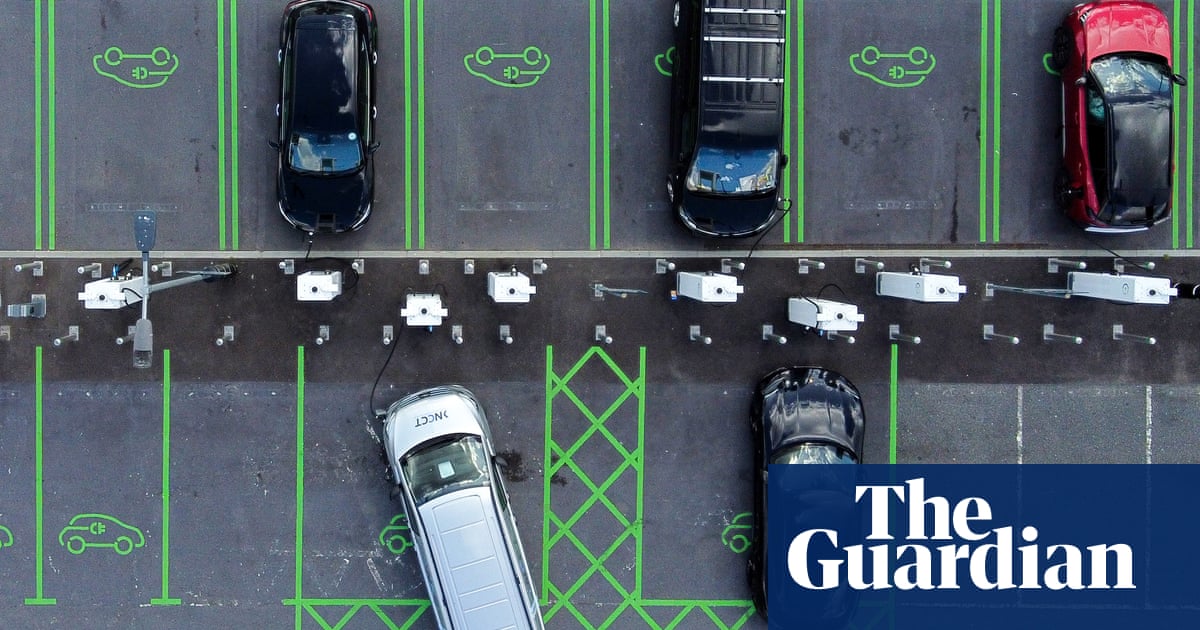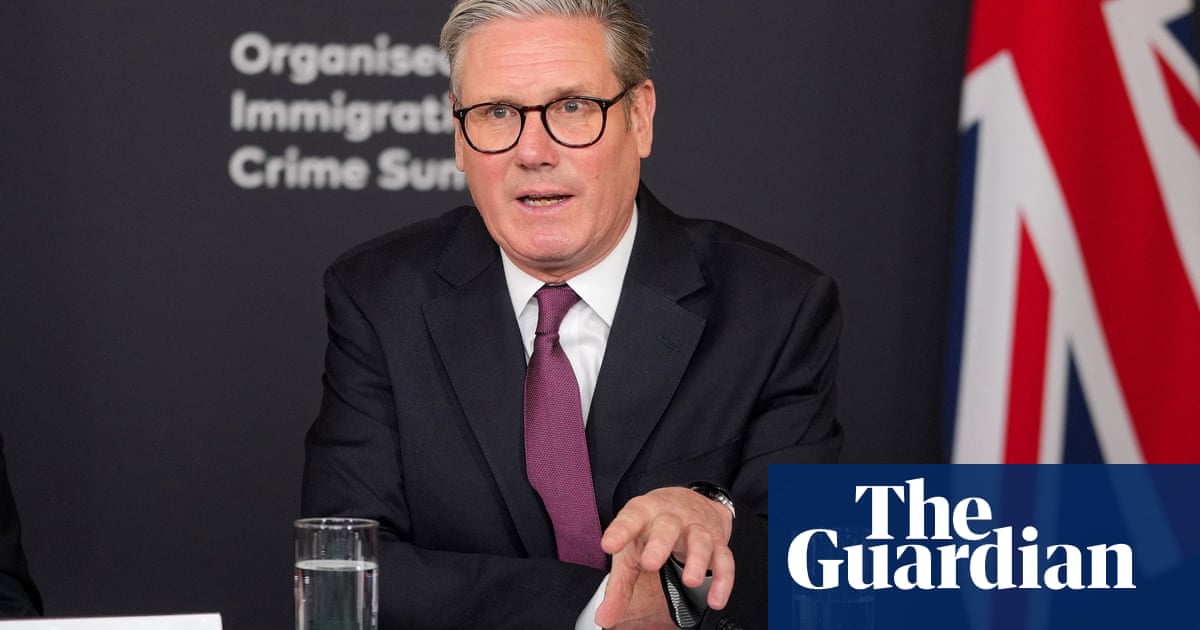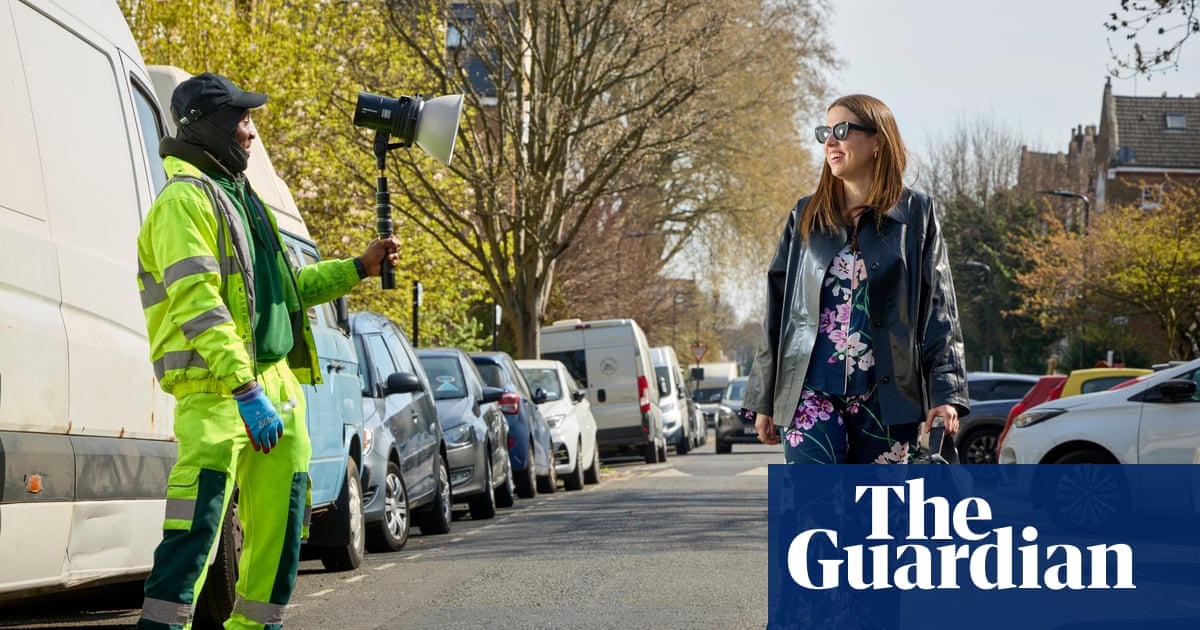The Liberal Democrats are stepping up their anti-Donald Trump messaging this weekend in the hope of using dislike of the US president among Tory and Labour voters to make big gains in England’s council and mayoral elections on 1 May.
Ed Davey’s party believes it could overtake the Tories in terms of the number of councils under its control, partly by highlighting the reluctance of Keir Starmer and Kemi Badenoch to criticise Trump on issues such as tariffs, his dealings with Russia’s president, Vladimir Putin, over the war in Ukraine and his attitude to the Israel-Gaza crisis.
With global stock markets tumbling after Trump’s imposition of punitive tariffs on the rest of the world last Wednesday, the local elections are set to take place in a period of economic uncertainty unmatched since the outbreak of the Covid pandemic.
While local government issues will inevitably still dominate on 1 May, Trump’s actions are now rebounding directly on ordinary voters, not just in the US but internationally, as the economic clouds gather and the value of their pensions and other savings become far less certain.
Yesterday – as her party continues to look for novel ways to engineer a “Trump bump” on 1 May – a Liberal Democrat MP called for a special visa route to allow Americans fleeing the Trump presidency to come to the UK.
Christine Jardine said she wanted to see a potential “fast lane” for skilled US citizens and presented a motion to that effect to the Scottish Liberal Democrat conference in Inverness, which was backed by party members.
It called for a new customs union with the EU and a summit of Commonwealth nations to respond to US tariffs.
Next month’s elections will be challenging for Starmer and Labour, with the economy struggling, but also for the Tories, who performed very strongly when many of the same seats were last up for election in 2021 off the back of the Covid “vaccine bounce”, when then prime minister Boris Johnson and his party enjoyed its period of peak popularity.
These elections are also seen as the biggest electoral test to date for Nigel Farage’s Reform UK, which is fielding more than 1,600 candidates and has topped some national polls over recent weeks.
With the other main parties, except the Greens, reluctant to censure Trump, and with most UK voters critical of him, the Lib Dems announced that they will call for a vote in parliament on any trade deal that the UK government tries to strike with the US president, as it attempts to avoid the worst of his tariffs and the developing global trade war.
With Tory voters in southern and home counties council areas in mind, the party says it fears an attempt to “sell out British farmers and weaken the UK’s online safety laws” may be offered to Trump. Any such deal, the Lib Dems will demand, will have to be examined and voted on by MPs before being signed.
The party’s move comes amid reports that the government is planning to water down online safety laws, which help keep children safe on the internet, as part of a deal. Trump has also called for bans by the UK on imports of US beef, chicken and pork to be dropped, raising fears that products that do not meet UK food standards and that would undermine Britain’s farmers, could flood into the country.
It is also expected that the UK government will lower levies on US social media giants by reducing the digital services tax, which raises more than £800m a year.
Davey has used recent sessions of prime minister’s questions to demand that Starmer take a tougher stand against Trump – which he has refused to do.

The Lib Dems’ deputy leader, Daisy Cooper, said: “MPs must be given a say on any government deal with Donald Trump. It would be deeply undemocratic if parliament were to be sidelined on such a critical issue for the country.
“Both Conservative and Labour MPs should commit now to voting down any Trump deal that sells out British farmers and their high food standards or waters down our online safety rules. The government must not use our high food and animal welfare standards or the online safety of our children as pawns in a negotiation to appease Donald Trump.” Ministers say talks are continuing with the US to try to secure a wider economic deal that could exempt the UK from the worst of the US-induced trade war.
On Friday, the financial markets plunged further after China announced retaliatory tariffs in an escalating trade war.
About 1,650 seats will be contested on 1 May, 14 county councils, eight unitary authorities, one metropolitan district, and in the Isles of Scilly.
There will also be mayoral elections in the west of England, Cambridgeshire and Peterborough, and – for the first time - in Hull and East Yorkshire, and in Greater Lincolnshire.
Last month Reform launched by far its biggest and “most ambitious” local election campaign yet as it looks to turn poll momentum into council seats.
While the party has been on the rise since the general election last July, it has recently been destabilised by a row that saw Rupert Lowe, one of the five Reform MPs elected last year, expelled from the party. Reform will contest most of the 1,600 council seats up for re-election after his assault conviction. Party leader Nigel Farage told a rally in Birmingham the local elections were the “first major hurdle” on Reform’s road to power.
The Lib Dems, meanwhile, are targeting Conservative-run councils up for election in May, including those in Shropshire, Oxfordshire, Cambridgeshire, Wiltshire, Devon and Gloucestershire.
The Lib Dems now have majority control of 37 councils, short of the 49 held by the Tories, across the UK.
At the Lib Dems’ local election campaign launch, Davey voters were “deeply disappointed” with the Labour government, which he said had “failed to deliver the change they promised”. The Lib Dem leader also said Farage and Reform were “too busy fighting among themselves to fix the problems we face”.


.png) 1 day ago
2
1 day ago
2













































